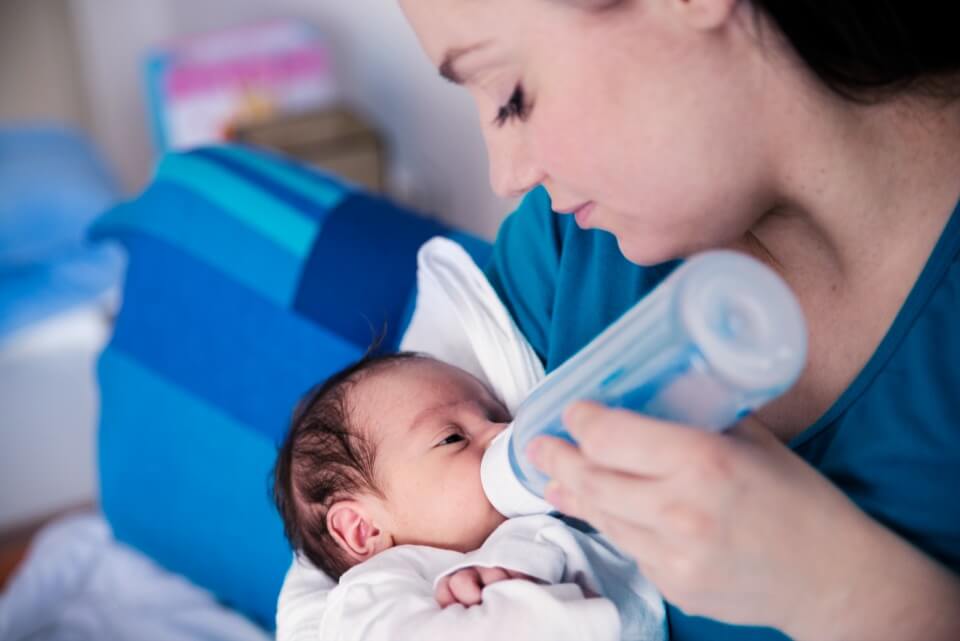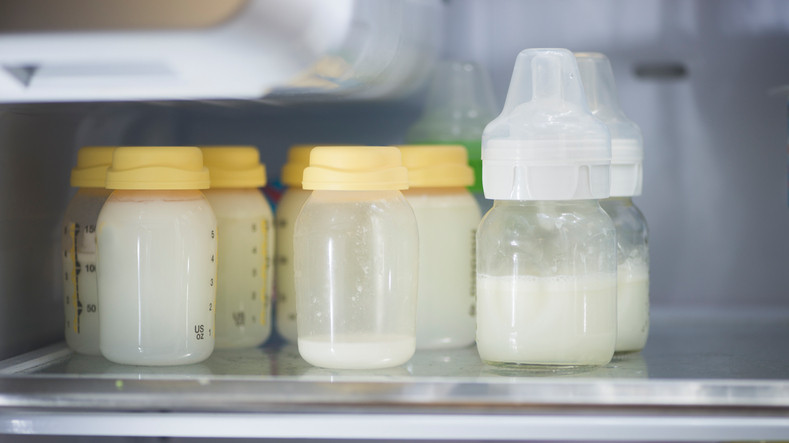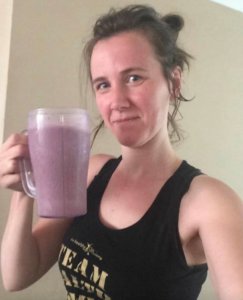9 Reasons You Might Decide to Combine Breast and Bottle
Breastfeeding can be wonderful… if all goes according to plan. But it also can be stressful, painful and heartbreaking for many mums (and bubs). When this is the case many women choose to combine both breast and bottle feeding, here are some tips that might help in this process.

When you’re pregnant with your first child you often presume that breastfeeding will come naturally, but it doesn’t always. And that’s no one’s fault.
As such many mums decide to feed their baby with a combination of breast and bottle.
This is a deeply personal choice and not one that anyone else should make for a mother.
Often we choose to combine bottle and breast for reasons such as supply issues, work commitments or personal preference.
With my three children it was a mixture of issues that made me combine breast and bottle for two of them.
I was battling chronic reflux, supply issues and stress. The thought of breastfeeding caused me anxiety and I’m sure my babies could sense that.
Combining breast and bottle suited my children and I, and new mums need to be supported regardless of their decision.
9 reasons you might decide to combine breast and bottle
1. Work commitments mean it’s nearly impossible for you to solely breastfeed.
2. A medical professional has suggested your baby might benefit from formula.
3. There are milk supply issues you are constantly battling.
4. Your baby is very ill or was born premature and/or has a very low birth weight.
5. Your health is not great and you’re unable to breastfeed right now.
6. Baby isn’t gaining weight and you are concerned about it.
Please note: If you are concerned about your baby’s growth, ALWAYS chat to a healthcare professional.
7. You’d love to get others involved in feeding your baby.
8. With multiple kids you’re struggling to juggle the needs of your other children.
9. Most importantly – just because you want to!

When mixed feeding it might be helpful to work closely with a child health expert and a lactation consultation.
These people can help you work out how much formula to use and how to maximise your breast milk supply.
It’s also wise for mums to find a supportive person with who they can share their feelings.
Tips and advice on combining breast and bottle
- Just like breastfeeding, combining bottle and breast might take a little time to master.
- You might take time to figure out whether you are going to give your child formula during the day and breast at night or vice versa. You might also want to alternate between bottle and breast.
- Often some babies refuse to take a bottle after they have been exclusively breastfed, especially if they weren’t introduced to it in the early days.
- Some babies prefer the flow speed and ease of a bottle compared to the breast.
- Some mums give a formula feed at night using a bottle or prefer a bottle because they’re not comfortable breastfeeding in public. And that’s their right.
- If you want to keep your milk supply up, always offer the breast first and if baby seems hungry or rooting about for more, you could top up with some formula.
- Be mindful when bottle feeding that you’ve got the right-sized teats. If they are too big and fast flowing some babies might get lazy on the breast because it’s harder work to drink.
- Make up a bottle before you go to bed and keep in the fridge so the night feeds are easier, you can just warm up the bottle, always checking it’s not too hot.
- Many mums decide to do a top-up bottle feed with their newborns in the evenings and if their milk supply can’t keep up with baby’s appetite.

Is baby getting enough?
If your baby shows the following signs then it is likely that your baby is having enough breast milk:
- At least 6 to 8 very wet cloth nappies or at least 5 very wet disposable nappies in 24 hours.
- The urine should be odourless and clear/very pale in colour. Strong, dark urine suggest that the baby needs more breast milk and you should seek medical advice.
- A young baby will usually have 3 or more soft or runny bowel movements each day for several weeks.
- An older baby is likely to have fewer bowel movements than this. Formed bowel motions suggest that the baby needs more breast milk and you should seek medical advice.
- Some weight gain and growth in length and head circumference.
- Good skin colour and muscle tone. Does she look like she fits her skin? If you gently ‘pinch’ her skin, it should spring back into place.
- Your baby is alert and reasonably content and does not want to feed constantly. It is however normal for babies to have times when they feed more frequently.
- Remember it’s also normal for babies to wake for night feeds. Some babies sleep through the night at an early age while others wake during the night for some time.
Just keep in mind that there’s no right or wrong when it comes to how you decide to feed your baby.
It’s wise to get medical help if you feel you or your baby have any health issues.



